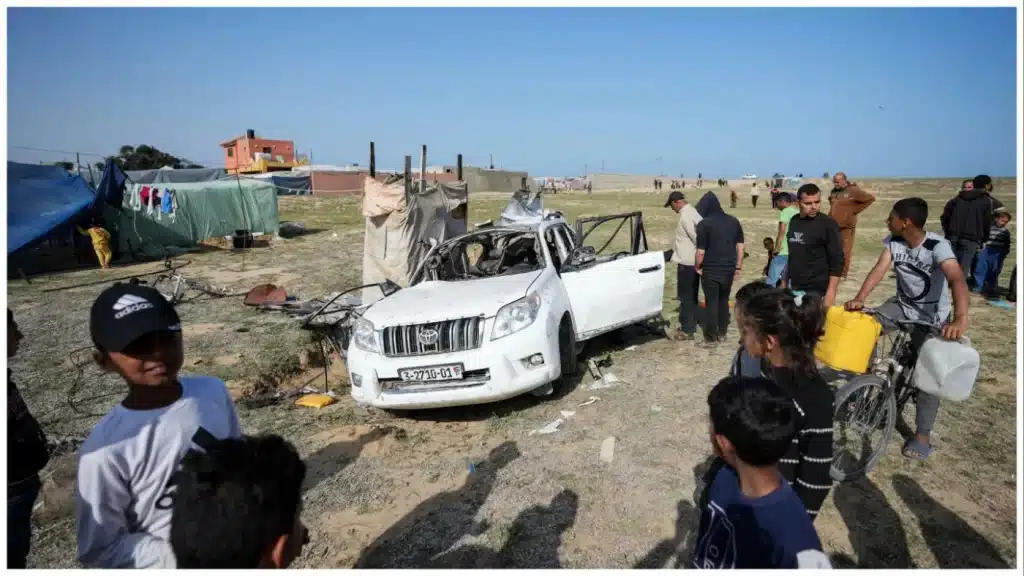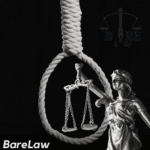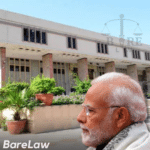
Table of Contents
The Complex Dynamics of Accountability in Conflict Zones: The Case of World Central Kitchen in Gaza
Israel’s airstrike in Gaza that led to the accidental death of seven World Central Kitchen (WCK) volunteers has been a tragic affair that has sparked heated debates. WCK founder Chef Jose Andres, while heavily criticizing the attack, referred to it as a “crime against humanity” which has received mixed reactions from different quarters.
The controversy revolves around difficulties involved in conducting military operations in densely populated areas such as Gaza and the difficulty associated with distinguishing between combatants and non-combatants. The Israeli military admitted to being responsible for the strike, which they claim was aimed at militants; hence, senior officers were given a warning letter. However, this admission could not hold back uproar from several humanitarian organizations worldwide.
In addition, there is also consideration of World Central Kitchen (WCK)’s own practices and preparedness within conflict environments. Currently being increasingly embroiled in conflict-related humanitarian crises despite its widely known philanthropy worldwide especially during times of disasters. Among other issues raised by this incident are how NGOs should approach their duties and strategies under such risky circumstances.
Humanitarian workers are historically protected by international humanitarian law but this is often blurred on ground realities of modern conflicts. Deaths of these volunteers underscore risks faced by aid workers on a daily basis as well as complexities surrounding their legal frameworks and ethics during war operations. This raises a broader question about where human intentions can be balanced with practical safety measures.
While Israel promptly responded to the situation following the airstrike, it demonstrates some of the challenges faced by states engaged in ongoing conflicts like having unintended victims due to foggy nature of wars. These subsequent steps indicated some level of recognition on part of Israeli authorities concerning requiring tighter checks and safeguards for civilian life over achievement of military goals.
Conclusion:
The untimely demise of WCK volunteers in Gaza is an example showing how brutal it can be for aid workers serving people caught up in armed conflicts across many countries globally. By calling into question the safety of NGOs such as World Central Kitchen, this incident also forces global society to reconsider and enhance the mechanisms that support those who venture into “red zones” for humanitarian purposes. For every party, whether governmental, military or non-governmental, it is important to remain responsible and ensure that any humanitarian goal does not supplant security concerns.
FAQ:
What had caused the controversy around World Central Kitchen in Gaza?
The Israeli airstrike led to an accidental death of seven WCK volunteers and this has raised a serious debate on what should be done by both Israelis and organizations such as WCK when faced with conflicts.
How did the Israeli military respond to the incident?
Israel defense forces said they were responsible for the attack on their senior officers; thus, steps have been taken to avoid future similar happenings.
What are the legal protections for humanitarian workers in conflict zones?
Although international humanitarian law considers them as non-combatants, modern warfare has made these laws complicated for human shields.
What questions does this incident raise about NGOs operating in war zones?
In addition, it poses challenges about protocols for ensuring safety among other aspects like risk assessment used by NGOs like WCK while operating in hostile environments.
Barelaw, an online platform dedicated to comprehensive delivery of legal knowledge, is proud to present its exclusive case briefs category. This section is made in such a way that it offers deep and useful analyses of landmark decisions which are seen as important resources for the legal professionals, students and anyone wishing to know about law’s complexities. Our case briefs are probing deeper into the crucial court decisions by explaining the logic behind each decision and how it has influenced law.
We recognize that understanding legal judgments can be difficult because they are quite intricate. It is due to this reason that our case briefs are designed in such a way that they give information while being easy to understand so that readers can comprehend the key principles of law involved. Each brief contains facts’ summary, an issue at bar legally, court’s reasoning and final decision arrived at. By using this method, our audience will find it easier to identify fine points of every case.
We are aware that the labyrinthine nature of legal judgments is difficult to fathom. For this reason, our briefs are both informative and understandable, thus enabling readers to grasp the fundamental legal principles involved. It contains an abstract of facts, the legal issue decided by court, the rationale behind it and finally the verdict. This systematized pattern allows our audience to understand every shade of a case.
Drop in on our case briefs and dive into law. Go to our website immediately and explore a cornucopia of legal knowledge available to you online. Below is a link for your easy access to our online library.
More drafts on law can be reached here – https://www.barelaw.in/legal-drafts/





